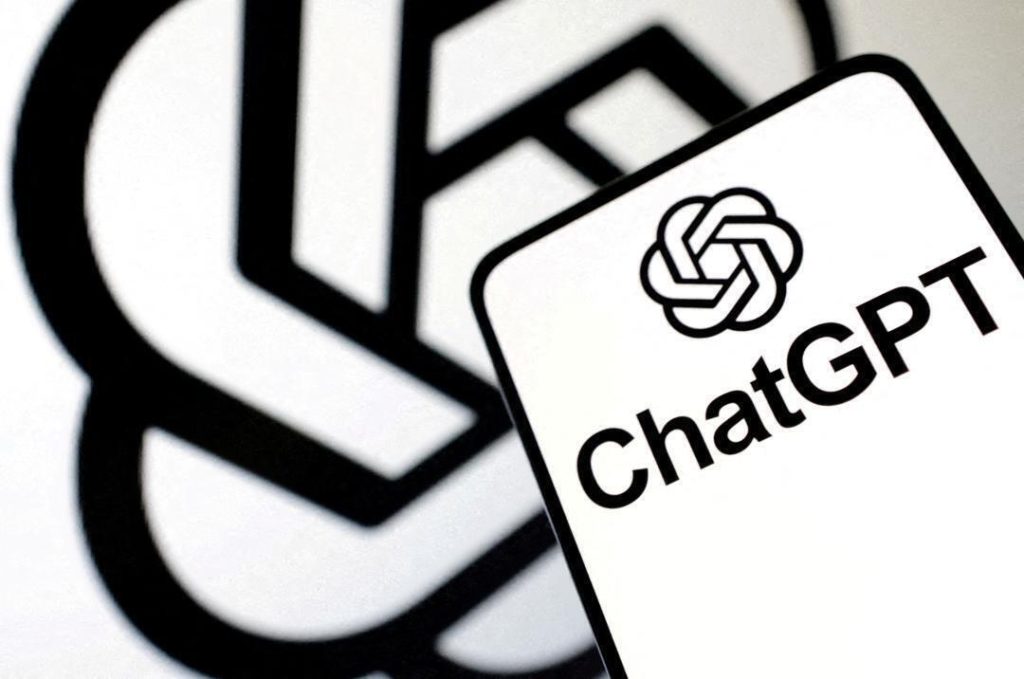
I Gave ChatGPT Salary Details & it Fixed My Finances, Says Man
Are you tired of juggling finances, only to feel overwhelmed and unsure of where your money is going? You’re not alone. Many of us struggle to keep track of our income and expenses, resulting in financial stress and anxiety. However, one US-based author and entrepreneur has discovered a game-changing solution. Adrian Brambila, a successful entrepreneur, claims that ChatGPT, a cutting-edge AI language model, helped him achieve financial clarity and stability.
In an exclusive interview, Brambila shared his remarkable story of how ChatGPT revolutionized his finances. He revealed that he simply provided the AI model with his salary details and, voilà! His financial woes were a thing of the past. No more spreadsheets, budgeting apps, or expensive financial advisors required. Just seven prompts, and Brambila had a crystal-clear understanding of his financial situation.
So, how did ChatGPT achieve this financial miracle? According to Brambila, the AI model created a zero-based budget based on the 50/30/20 rule. This rule, which has been widely adopted in personal finance, suggests allocating 50% of one’s income towards necessary expenses (housing, utilities, food), 30% towards discretionary spending (entertainment, hobbies), and 20% towards saving and debt repayment.
Brambila was thrilled with the results. “This didn’t feel like budgeting,” he exclaimed. “I was amazed at how simple and intuitive it was. I finally had a clear picture of my financial situation, and I knew exactly where my money was going.”
The 50/30/20 rule has been touted as a foolproof way to achieve financial stability. By allocating a significant portion of one’s income towards necessary expenses, individuals can ensure they’re meeting their basic needs without going into debt. The remaining 30% can be used for discretionary spending, allowing for a sense of freedom and flexibility. Finally, the 20% allocated towards saving and debt repayment sets individuals on the path to long-term financial security.
But how does ChatGPT’s zero-based budgeting system work? The AI model’s magic lies in its ability to analyze an individual’s income and expenses, identifying areas where adjustments can be made to achieve a balanced budget. By providing ChatGPT with salary details, an individual can receive a personalized budget plan that takes into account their unique financial situation.
Brambila’s experience with ChatGPT has been a transformative one. He credits the AI model with giving him the financial clarity and confidence he needed to take control of his finances. “I’m no longer worried about money,” he said. “I know exactly how much I have coming in and going out, and I can plan for the future with confidence.”
The implications of ChatGPT’s financial prowess are staggering. For individuals struggling to get a handle on their finances, the AI model offers a beacon of hope. No longer will they need to spend hours poring over spreadsheets or consulting with expensive financial advisors. With ChatGPT’s zero-based budgeting system, achieving financial stability has never been easier.
As news of ChatGPT’s financial prowess spreads, it’s likely that we’ll see a surge in individuals seeking out this innovative solution. And who can blame them? In an era where financial stress is a major concern for many, ChatGPT offers a refreshing alternative. By providing a simple, intuitive, and effective way to manage one’s finances, the AI model is poised to revolutionize the way we think about money.
In conclusion, Adrian Brambila’s remarkable story serves as a testament to the power of ChatGPT’s zero-based budgeting system. By providing a clear and actionable plan for managing one’s finances, the AI model has given individuals the tools they need to achieve financial stability and peace of mind. As we move forward in an increasingly complex and uncertain financial landscape, it’s clear that ChatGPT will be a valuable ally for anyone seeking to take control of their financial future.






